Earth
-
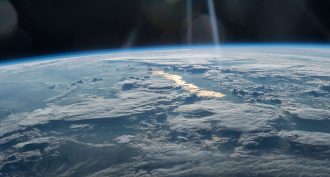 Earth
EarthScientists probe how an eclipse affects Earth’s atmosphere
Parts of the electrically charged layer of Earth’s atmosphere lose that charge in an eclipse. Scientists are studying how it might affect everything from GPS accuracy to earthquake prediction.
-
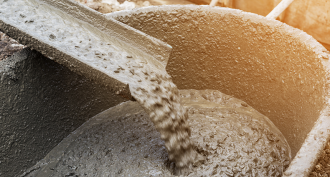 Environment
EnvironmentCan concrete conquer air pollution?
Powdered concrete could remove the sulfur dioxide and other pollutants that are spewed into the air when electric-power plants burn fossil fuels, a lab study suggests.
By Sid Perkins -
 Animals
AnimalsGiant Antarctic sea spiders breathe really strangely
Sea spiders have many bizarre body systems. Scientists have now discovered that they breathe and circulate oxygen in a way never seen before.
By Ilima Loomis -
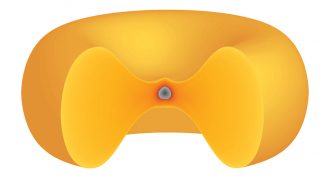 Planets
PlanetsEarly Earth may have been a hot doughnut
Synestia is the name some scientists are giving to the smooshed shape Earth might have developed after undergoing a violent cosmic smashup early in its infancy.
-
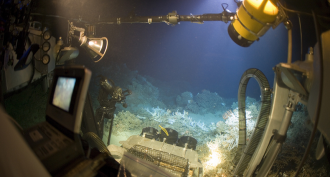 Oceans
OceansCool Jobs: Science deep beneath the waves
These scientists probe the sea’s depths, its strange inhabitants, the movement of water and how life evolves in extremes.
By Ilima Loomis -
 Animals
AnimalsHumpbacks flap their flippers like underwater birds
Surprising new video shows humpback whales flapping their front flippers to move their massive bodies toward their prey.
-
 Earth
EarthScientists Say: Ozone
Ozone is a molecule made of three oxygen atoms. In a layer above the Earth, it protects us from harmful radiation, but too close to home, it can harm our health.
-
 Earth
EarthScientists Say: Speleology
This is the scientific study of caves, which can include what they’re made of, how they form and what lives in them.
-
 Environment
EnvironmentNight lights have a dark side
Artificial light at night not only affects our view of the night sky, but also has the ability to impair animal behaviors — and probably our health.
-
 Climate
ClimateHotter air may lead planes to carry fewer passengers
Global warming could force airplanes to carry a lighter load on each flight. This could mean fewer passengers can fly on each plane.
-
 Agriculture
AgricultureScientists Say: Domestication
Domestication is the process of deliberately taking a wild organism — a plant or animal for instance — and making it a part of our daily lives.
-
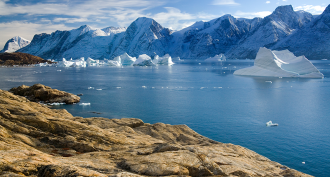 Oceans
OceansHow the Arctic Ocean became salty
The Arctic Ocean was once a huge freshwater lake, separated from the Atlantic by a ridge of land. Scientists explore how salt water overtook it.
By Beth Geiger